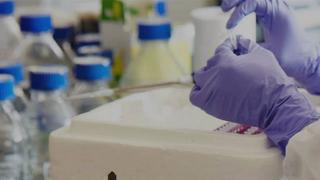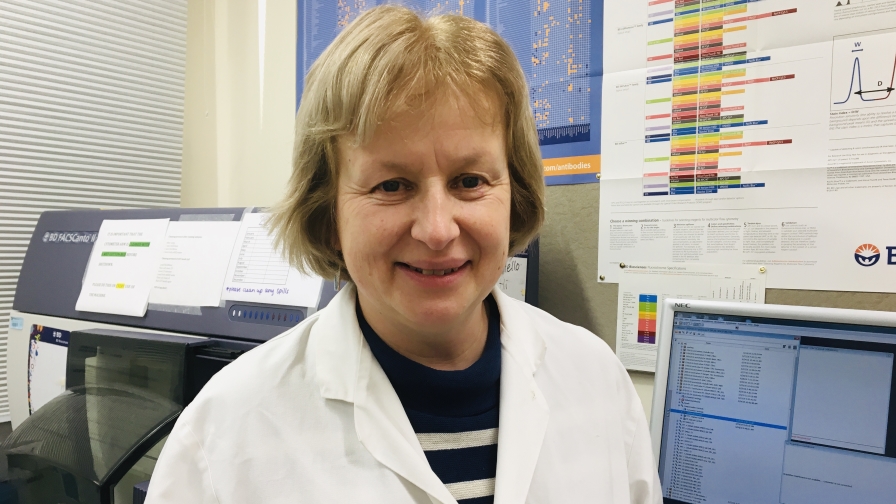breadcrumb navigation:
- Home /
- Appeals /
- Niemann-Pick appeal /
-
current page
Niemann-Pick appeal - Research
Niemann-Pick appeal - Research
Published on
Updated:

Niemann-Pick Research
This rare disease is most commonly caused by faults in a gene that lead to reduced amounts of a protein called NPC1. Without this protein, the body’s cells cannot work properly and unwanted cholesterol and other fatty substances build up inside the cells causing nerve damage.
As a result, children can experience progressive neurodegeneration including problems with swallowing, gradual loss of speech and movement, learning difficulties, dementia and ultimately premature death.
Right now, there is no cure and treatments for NPC are extremely limited, but with your help we hope to change this.
At the University of Oxford, Professor Frances Platt has embarked on a two-year study that could prove fundamental in slowing down or stopping the progression of the disease.
We are aiming to repurpose an existing drug that is already used to treat multiple sclerosis to develop a much-needed new treatment for NPC patients.

Professor Platt's research examines the exciting discovery made by her collaborator, Professor Sarah Spiegel at Virginia Commonwealth University, USA, that an existing multiple sclerosis (MS) drug could boost the levels of the NPC1 protein in the body that is crucial to fight the symptoms of NPC.
Professor Platt will carry out crucial laboratory tests to investigate whether the MS drug really can improve symptoms of NPC. She will also test combining this drug with the only currently approved drug (called miglustat) for treating NPC to see if this proves even more effective.
If the results are positive, the next step would be to run clinical trials. As the MS drug is an existing medication, it has already undergone extensive safety testing so this should help expedite its journey to the clinic.
We hope that using both drugs together could prove a powerful combination, particularly because they each target different biological processes involved in the disease.
Action Medical Research, the Niemann-Pick Research Foundation and Niemann-Pick UK are funding this study, together with NPSuisse and Niemann-Pick de Fuenlabrada.
Will you support this vital research?
100% of your gift will support Professor Platt's project that could save lives.
